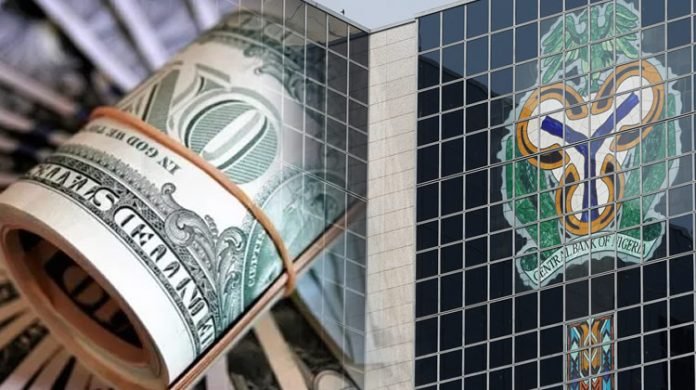The Monetary Policy Committee of the Central Bank of Nigeria has decried the negative impact of the increasing oil thefts on the economy.
It said the situation was affecting the accumulation of the country’s foreign exchange reserves and government revenue.
CBN Governor, Godwin Emefiele, who is also the chairman of the MPC, disclosed this after the committee’s meeting in Abuja.
While reading the communiqué after the meeting, he also announced the retention of the lending rates in the banking sector.
He said the MPC “retained the Monetary Policy Rate at 11.5 per cent; an asymmetric corridor of +100/-700 basis points around the MPR; Cash Reserve Ratio at 27.5 per cent; and liquidity ratio at 30 per cent.”
While the rates were not retained by unanimous votes by the MPC members, he disclosed that three members voted to raise the MPR by 25-basis points, one member voted to raise MPR by 50-basis points, while six members voted to hold all parameters constant.
“The committee thus decided by a majority vote to retain the MPR,” Emefiele said.
Speaking on the impact of oil on the economy, he said before the Russia-Ukraine war, the MPC was optimistic that the moderate decline in inflation was sustainable due to the positive impact of good harvest on price levels.
He, however, said the MPC was worried that the rising global oil prices had been compounded by the shortage of supply of petroleum products.
Emefiele said, “In the short-run, the MPC urges the NNPC to take urgent steps to ensure an adequate supply of petroleum products in Nigeria to reduce the rate of arbitrary increase in the price of petroleum products by oil marketers.
“The committee noted, with grave concern, the unprecedented rate of oil theft recorded in recent time, and its debilitating impact on government revenue and accretion to reserves.”
![]()










